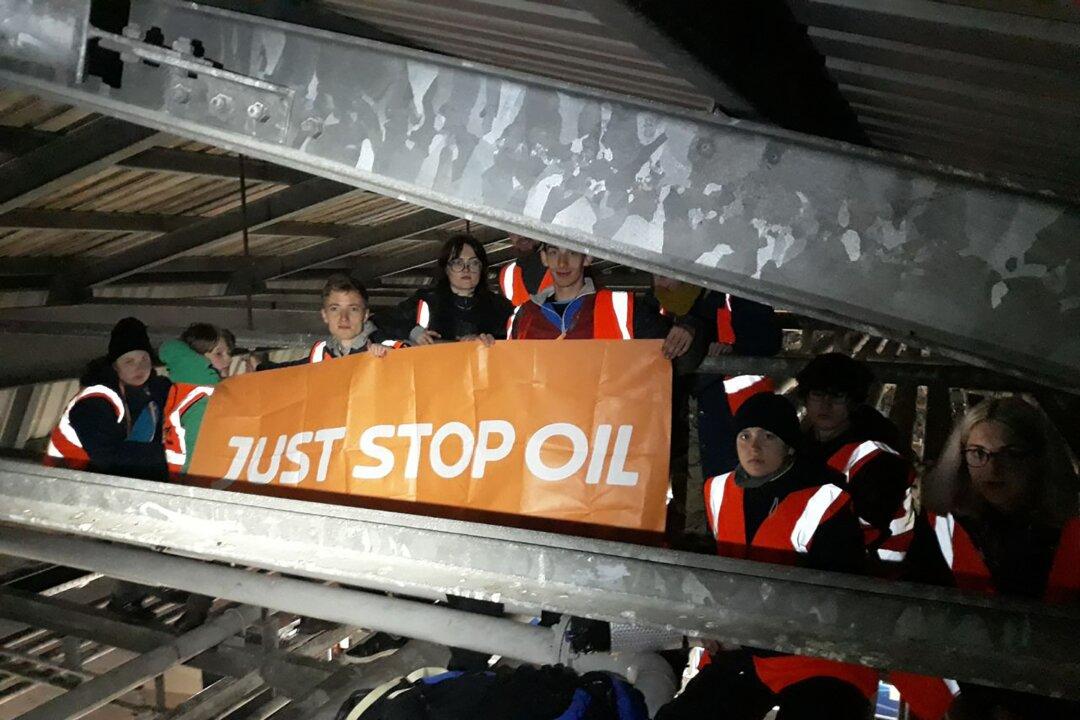Environmental activists could undermine the UK’s energy security, increase its reliance on foreign imports, and consequently increase emissions, Britain’s leading offshore energy body has warned.
Offshore Energies UK (OEUK) said that protests and publicity stunts by climate activists may deter further oil and gas investment in UK waters, making the country increasingly dependent on other countries for energy, which could include Russia.





